Today, November 20, the Ministry of Agriculture and Rural Development officially announced the Vietnam Elephant Conservation Action Plan to 2035, vision 2050 (VECAP 2022). This is an important milestone in the efforts to protect elephants, integrating pilot initiatives, enhancing community participation and developing policies to ensure the survival and sustainable development of elephants in Vietnam in the coming decades. This plan is built on a scientific basis, the result of cooperation between the Department of Forestry (Ministry of Agriculture and Rural Development) and Humane Society International (HSI) since 2019.
At the VECAP 2022 Plan Announcement Ceremony, sharing the reason for choosing elephants as a priority conservation target, Mr. Nguyen Quoc Tri, Deputy Minister of Agriculture and Rural Development, said that among hundreds of rare and endangered wildlife species in need of protection, the Ministry of Agriculture and Rural Development chose elephants as a priority species for developing conservation plans because elephants not only increase the diversity of Vietnam's forest ecosystems but also symbolize strength.
“Elephant conservation is not only about preserving and promoting harmony in the living environment between humans and elephants, but also harmony between humans and nature. In 1994, the Law on Forest Protection and Development was issued, and by 1996, there was a plan for elephant conservation. In the following stages, the relevant agencies, international organizations and localities all had programs and plans to protect elephants, helping to increase the number of elephants,” said Mr. Tri.
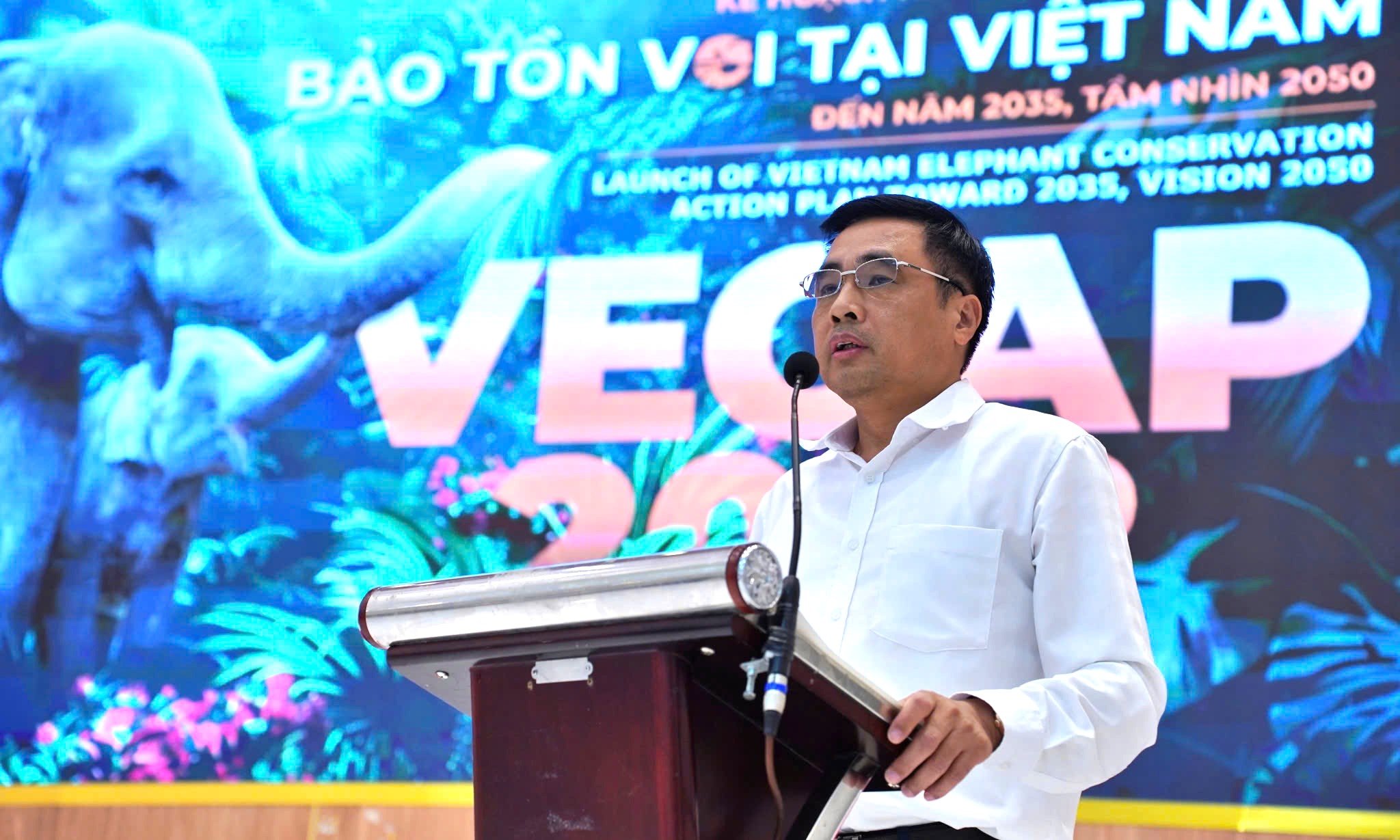
Deputy Minister of Agriculture and Rural Development Nguyen Quoc Tri said that elephants not only increase biodiversity in forest ecosystems but also symbolize strength. Photo: Bao Thang.
According to Deputy Minister Nguyen Quoc Tri, the success of elephant conservation efforts by all parties can be the basis for building a program to protect other rare wildlife species. Local participation in elephant conservation not only creates living space for elephants but also creates opportunities for the localities themselves in the future to educate the younger generation and develop ecotourism models.
“Coexisting in harmony with nature and all species is a common goal of the global community, and when applied to the Asian elephant in Vietnam, that goal becomes even more urgent. Therefore, we must act to protect elephants from extinction and learn to live in harmony with them, in order to prevent conflicts between humans and this species. Harmonious coexistence is not only a method, but also a destination in the journey to conserve elephants in Vietnam. The National Action Plan for Elephant Conservation to 2035, with a vision to 2050, demonstrates Vietnam's commitment to a unified strategy that respects culture and ensures the future of this precious species. The Vietnamese Government calls for the cooperation of relevant parties, including local communities, non-governmental organizations and the international community, to support the implementation of this strategic and feasible Plan,” Deputy Minister Nguyen Quoc Tri emphasized.
According to a report by the Forestry Department (Ministry of Agriculture and Rural Development), from 2,000 elephants discovered in the 1980s, the Asian elephant population in Vietnam has declined to an alarming level of less than 200 wild elephants. As an important indicator species in the forest ecosystem, the existence of elephants is essential to protect biodiversity and other coexisting species.
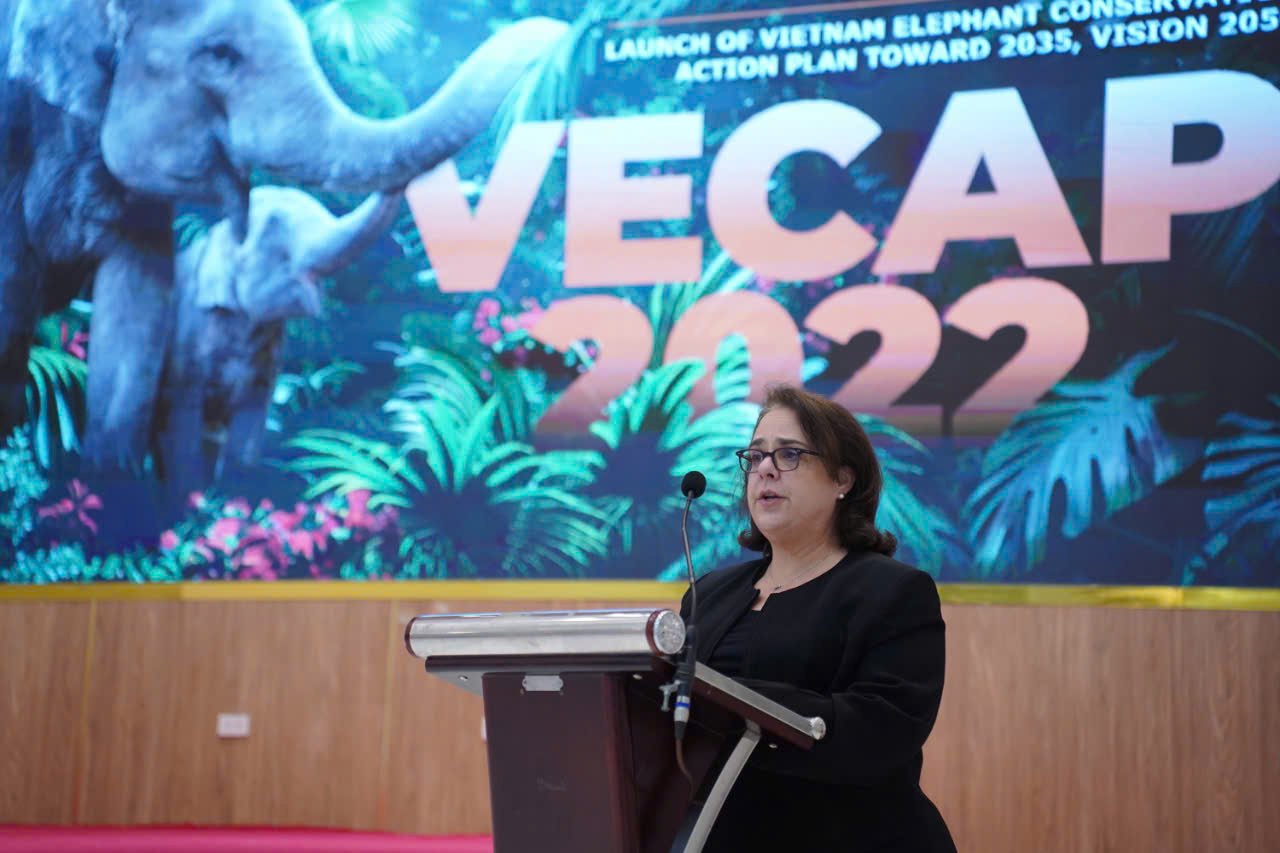
Representatives of international organizations pledged to accompany the Elephant Conservation Plan in Vietnam.
In the years 1996, 2006, 2012, 2013 and 2022, Vietnam has issued a ministerial-level action program and three government-level plans and projects to conserve elephants due to the importance of this species. Corresponding to each stage, elephant conservation work has achieved encouraging results. In particular, in 2019, the Pilot Program for Elephant Conservation in the direction of harmonious coexistence was pioneered in Dong Nai province, with three initiatives: "Monitoring elephants with camera traps"; "Monitoring human-elephant conflicts" to improve current management towards harmonious coexistence and "Managing elephant habitats and habitats".
The program is supported by HSI with the guidance of international expert Dr. Prithiviraj Fernado, a core member of the Asian Elephant Specialist Group (AsESG) and the team leader for Vietnam. The scientific approach of these initiatives has helped to accurately identify 27 individuals, with clear herd structures, allowing for a better understanding of the herd’s movement trends and the extent, frequency or causes of human-elephant conflicts, etc.
These clear results were recognized by domestic and foreign experts attending an international workshop held in August 2023, who highly appreciated the suitability of these methods for small, fragmented and high-risk elephant populations like those in Vietnam.
The identification of appropriate methods and the development of an action plan based on scientific results marks an important step forward in the efforts to conserve this rare animal in Vietnam. Based on current legal regulations on policy development and two guidance documents from the IUCN Species Conservation Subcommittee: “Guidelines for planning on the conservation of endangered, precious and rare species” and “Steps for planning on the conservation of endangered, precious and rare species”, the National Action Plan for Elephant Conservation in Vietnam to 2035, vision 2050 (VECAP 2022) has been issued, realizing Vietnam's commitment to the Kathmandu Declaration on the conservation of Asian elephants.
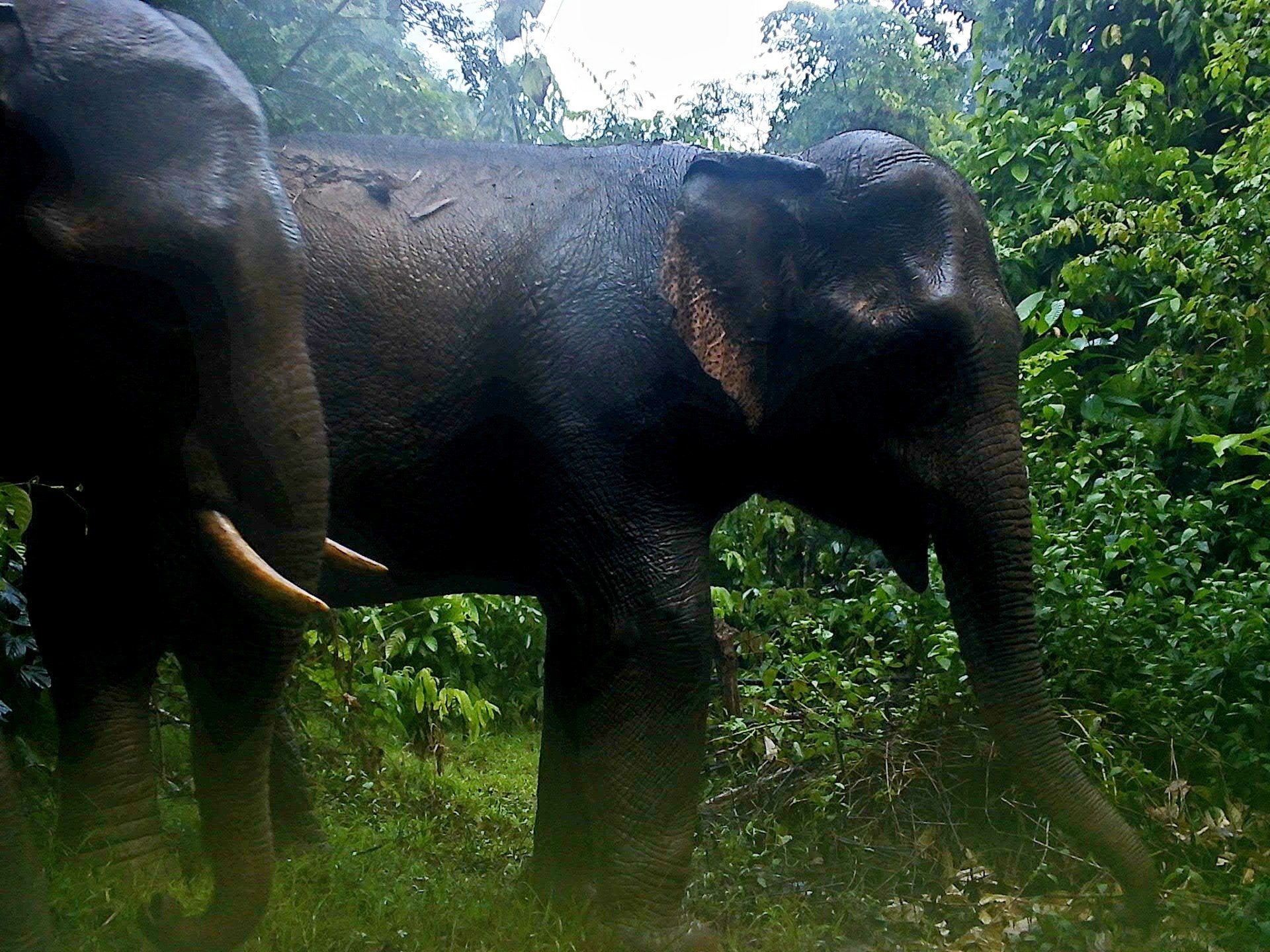
Elephant populations in Vietnam are being conserved with the motto of promoting harmonious coexistence between elephants and human communities. Photo: Quang Nam Newspaper.
The action plan development process was carried out in 10 steps, including selecting appropriate solutions, reviewing the conservation status, setting targets, and identifying specific actions for each province. Provinces such as Dak Lak, Dong Nai, Nghe An, Ha Tinh, Quang Nam and Son La actively proposed activities with detailed explanations, for the technical team and international experts to review. The list of activities, after being selected, went through a technical consultation process and received feedback from many stakeholders, including managers, enforcement agencies, international organizations, non-governmental organizations, research institutes, domestic and foreign scientists, and communities in elephant-inhabited areas.
At the provincial level, five consultation meetings were held in Ha Tinh, Nghe An, Dong Nai, Quang Nam and Dak Lak; more than 10 community-level meetings were held to listen to, record and consider the opinions, concerns and difficulties of people living near elephant habitats.
At the national level, there were two technical meetings, three thematic meetings on wild and captive elephants, one workshop to evaluate the Elephant Coexistence Pilot Programme, and 15 regular technical meetings. At the international level, the plan was discussed in nine relevant meetings and workshops.
“This national conservation plan is a major milestone in HSI’s mission to protect endangered elephants in Vietnam. By combining scientific research with community-led strategies, we can propose sustainable solutions that benefit both elephants and local people. With highly practical initiatives that shed light on elephant behavior, movement patterns and preferences, we aim to bring the needs and desires of elephants into the Vietnamese Government’s policy decisions through discussions. HSI appreciates the efforts of the Vietnamese Government and stands ready to support the implementation of VECAP 2022, towards the harmonious coexistence of wild elephants and people in Vietnam. Together, we can ensure a future where elephants not only survive but thrive,” said Ms. Cindy Dent, Vice President of HSI Country Offices.
VECAP 2022 has proposed 33 groups of solutions/actions for wild elephants and 21 groups of solutions/actions for captive elephants, to be implemented from now until 2035 with a vision to 2050, to conserve and develop/increase the number of elephants in Vietnam, while promoting harmonious coexistence between elephants and the human community.
Long-term goals include expanding the protected area system, strengthening anti-poaching measures and developing ecotourism, which both supports conservation and boosts the local economy, creating a solid foundation for implementing the plan.
The success of VECAP 2022 will depend on close and sustainable cooperation between government agencies, international conservation organizations, local communities and private sector partners.
At the VECAP 2022 Plan Announcement Ceremony, representatives from Dong Nai, Quang Nam, Dak Lak provinces, the University of Forestry, and international organizations all made strong commitments to work together to conserve elephants with the goal of promoting harmonious coexistence between elephants and the human community.
Since 2013, Humane Society International has been working with the Forestry Department (formerly the General Department of Forestry) on initiatives to reduce demand for wildlife products such as rhino horn and ivory, build capacity for local enforcement agencies to combat illegal wildlife trade, especially wild elephant conservation, and promote human-elephant coexistence since 2019.



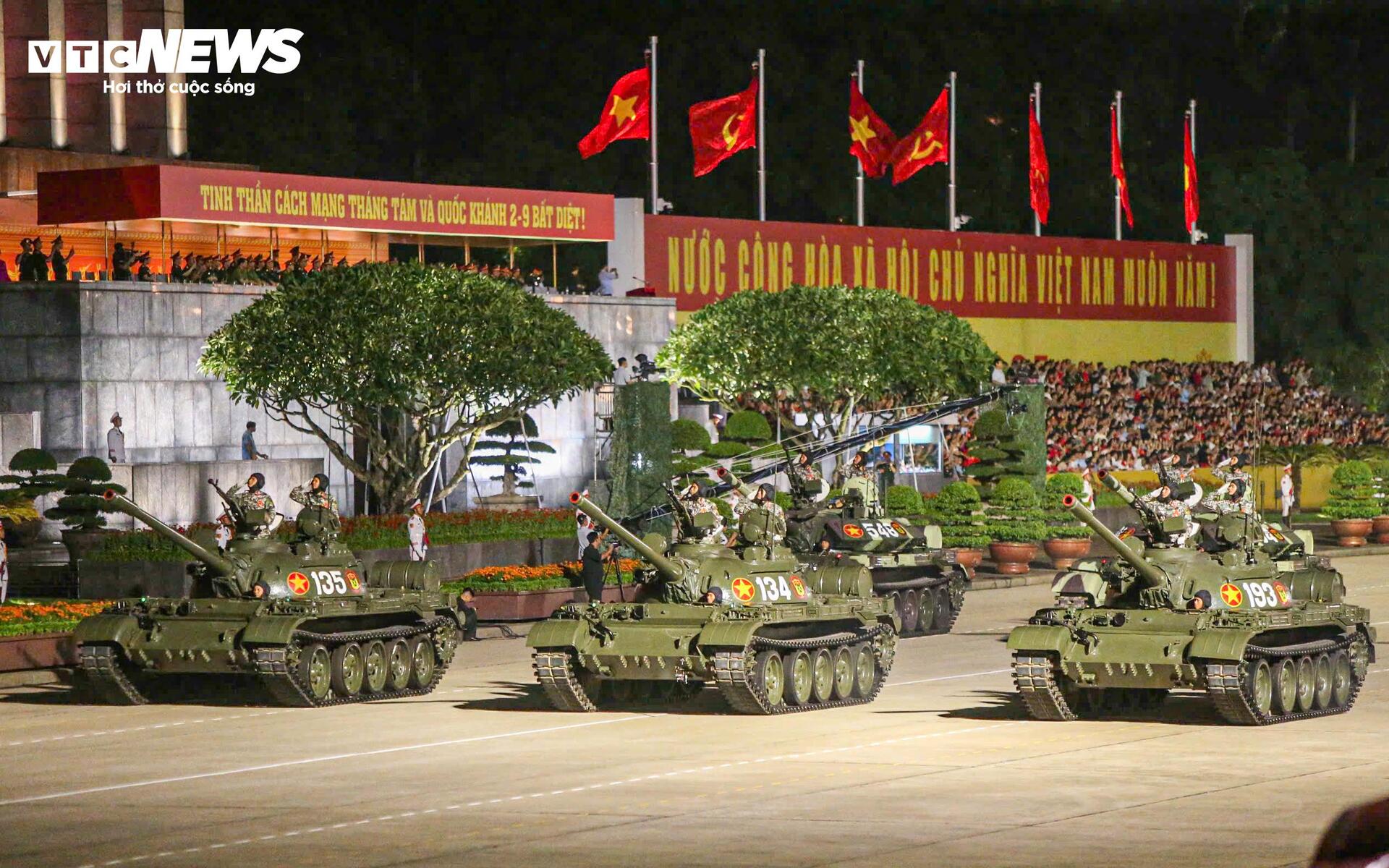
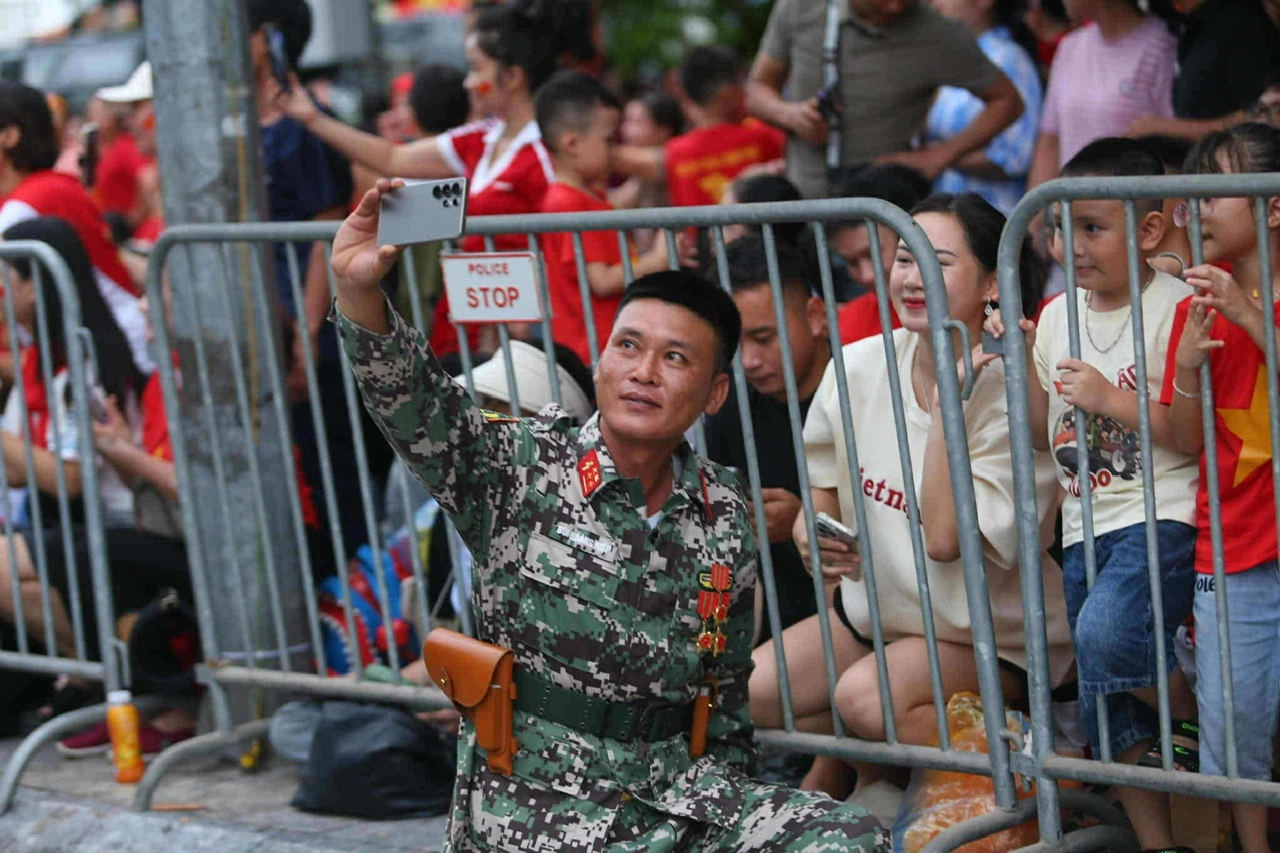
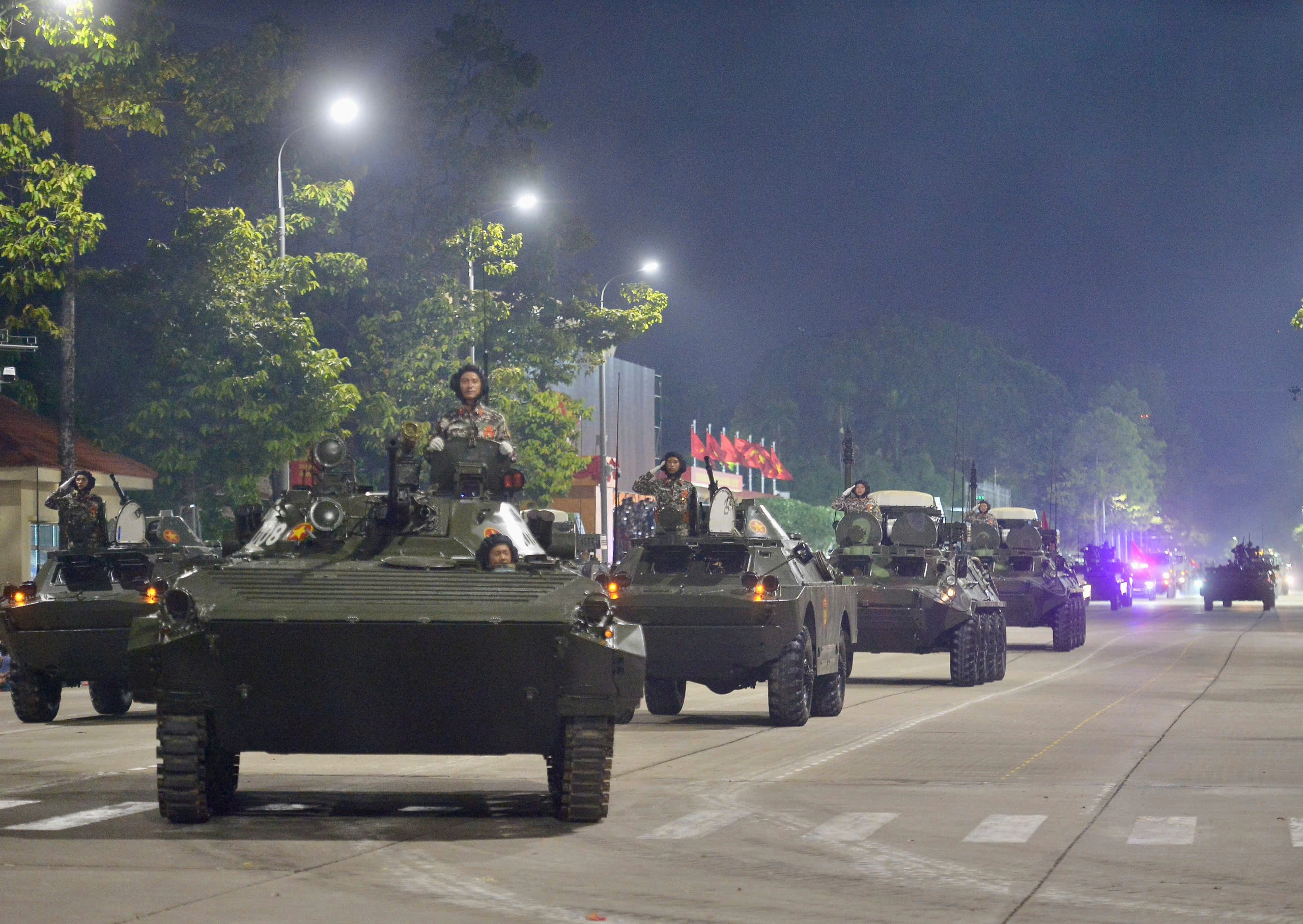
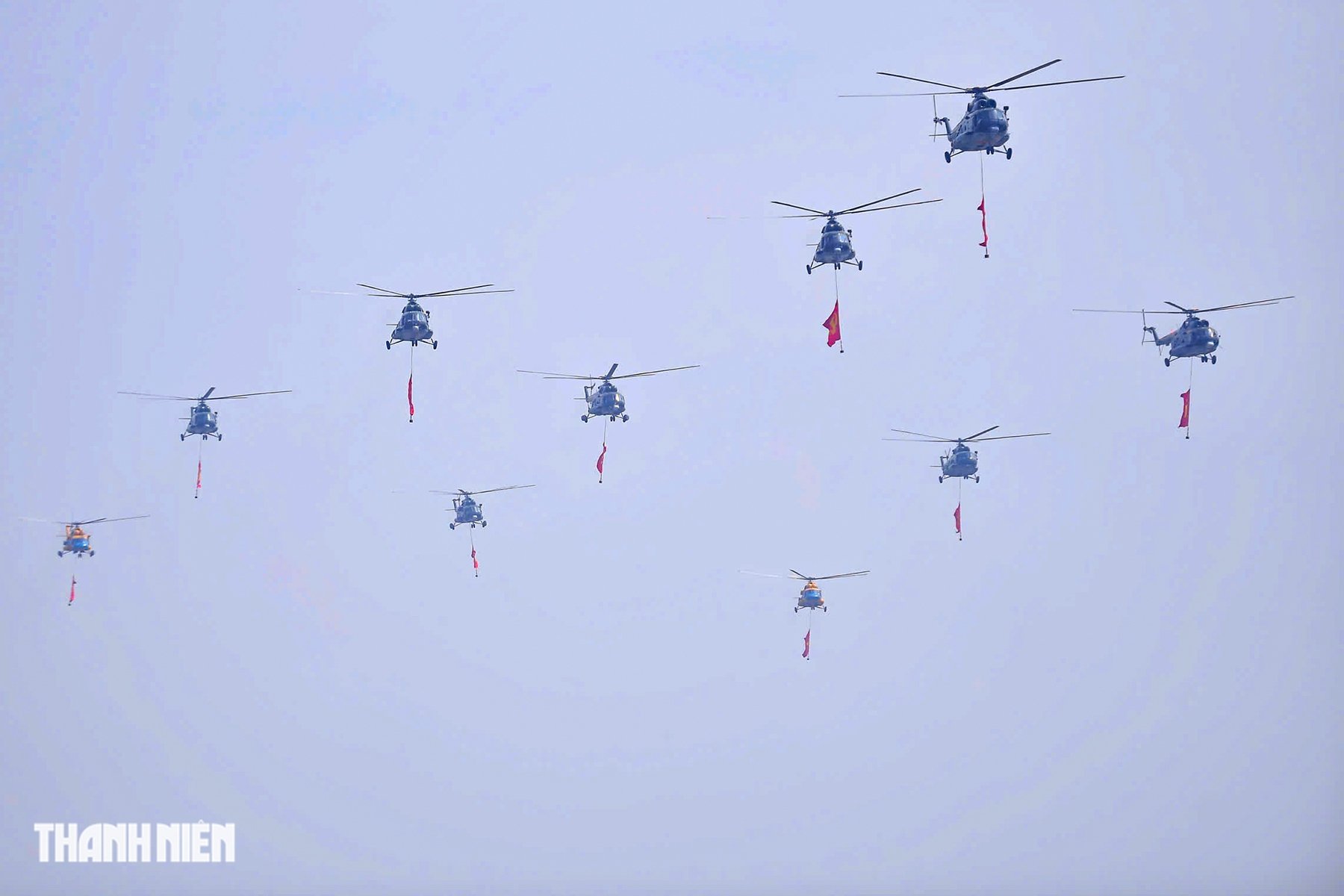
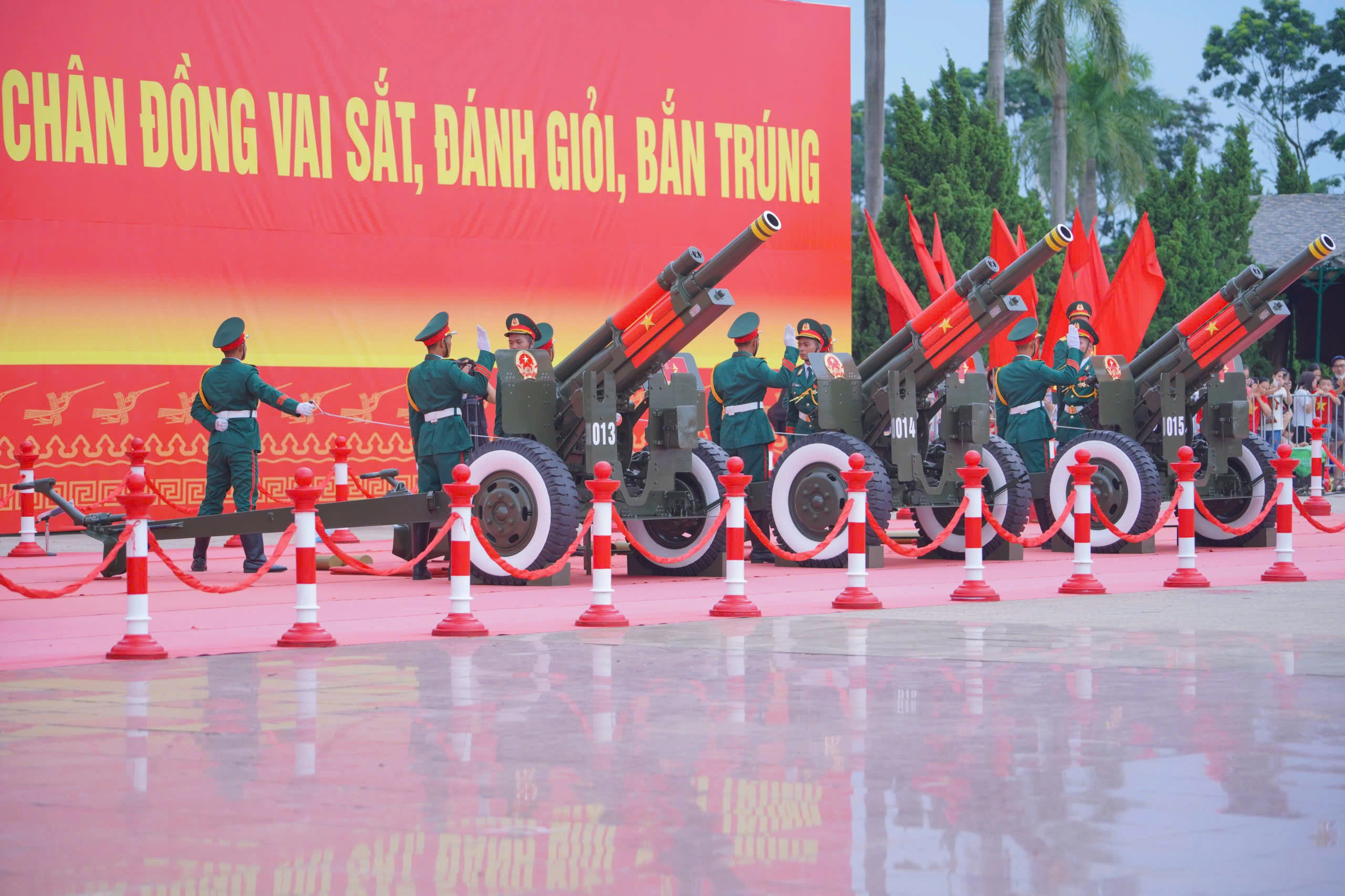

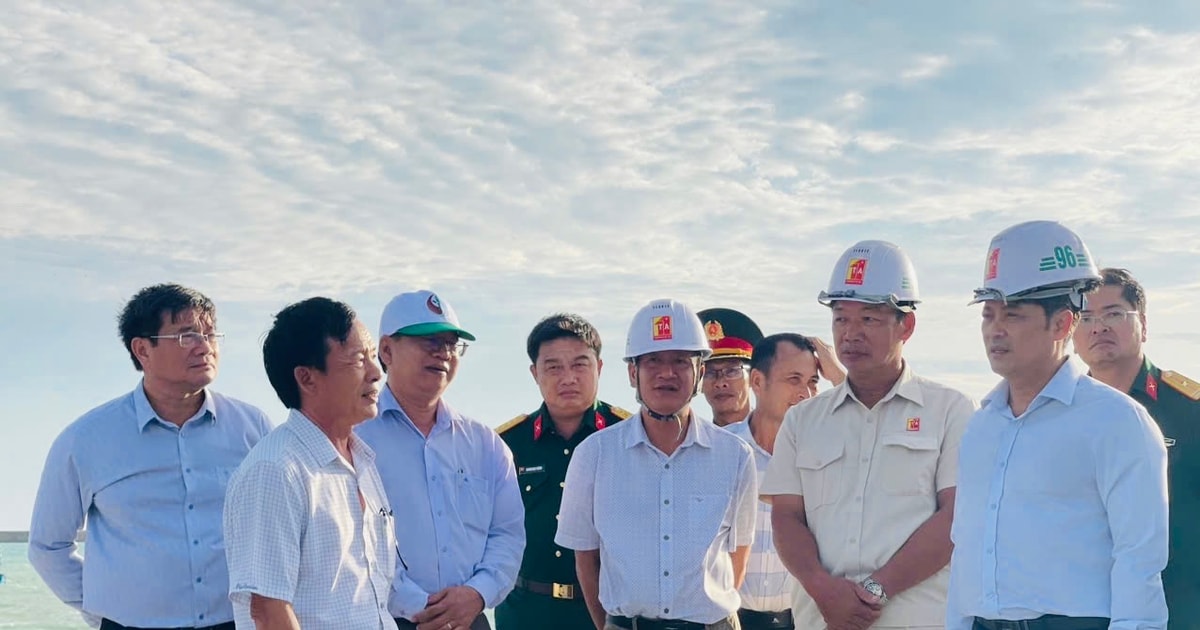

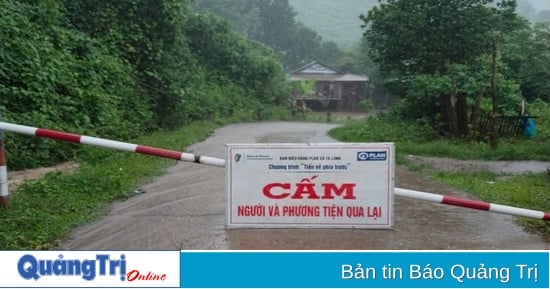



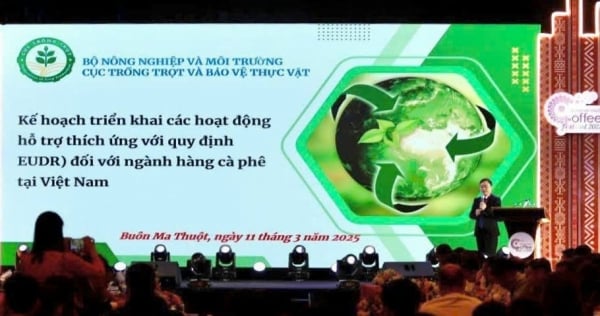
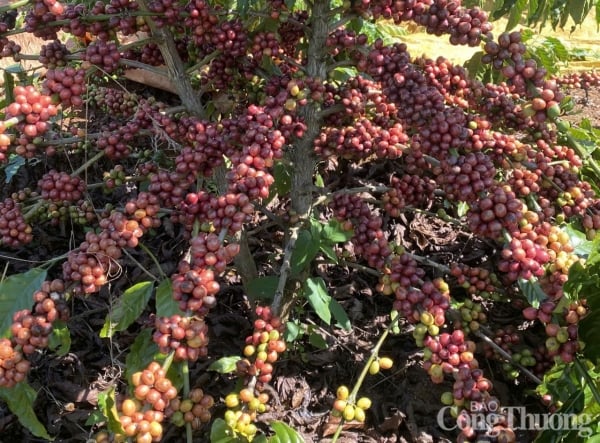
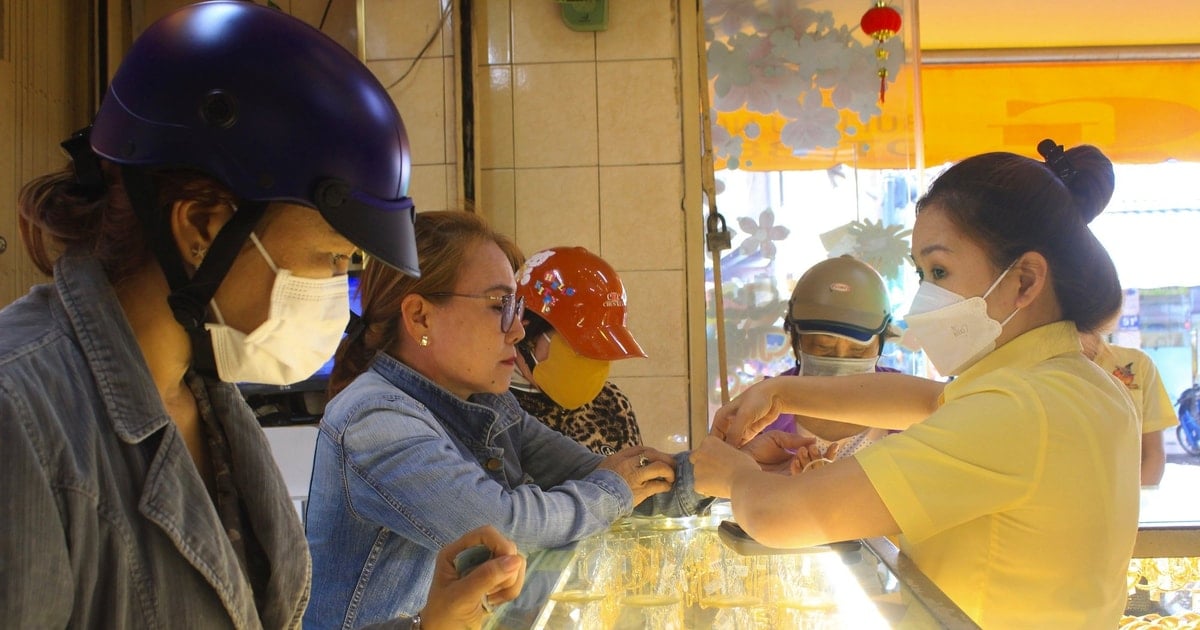

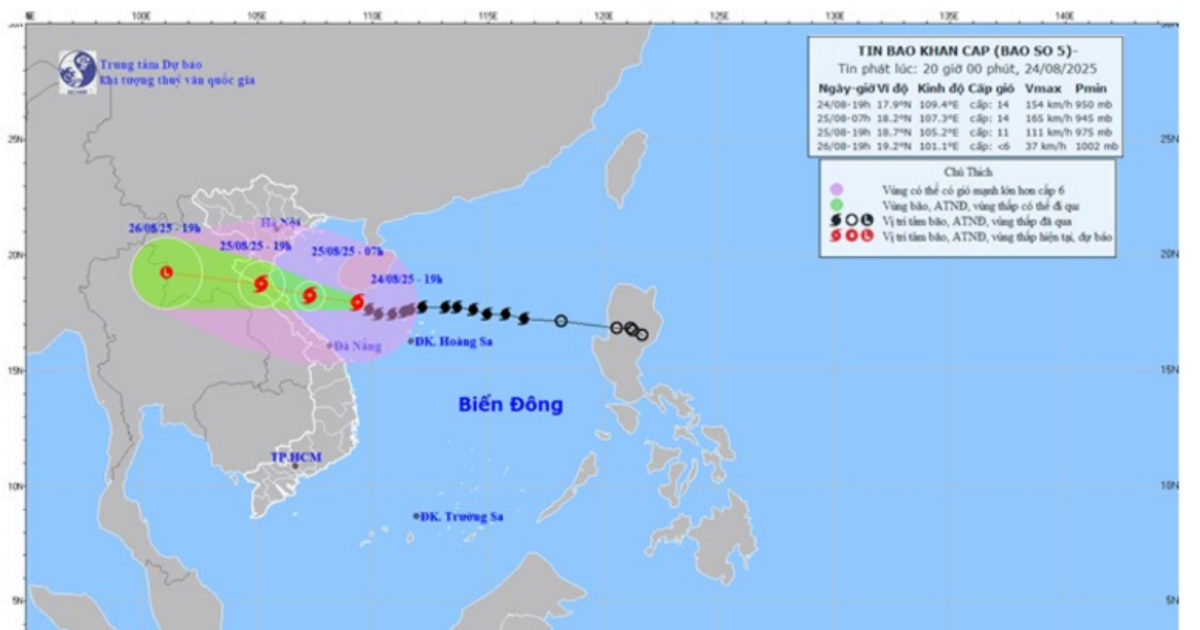
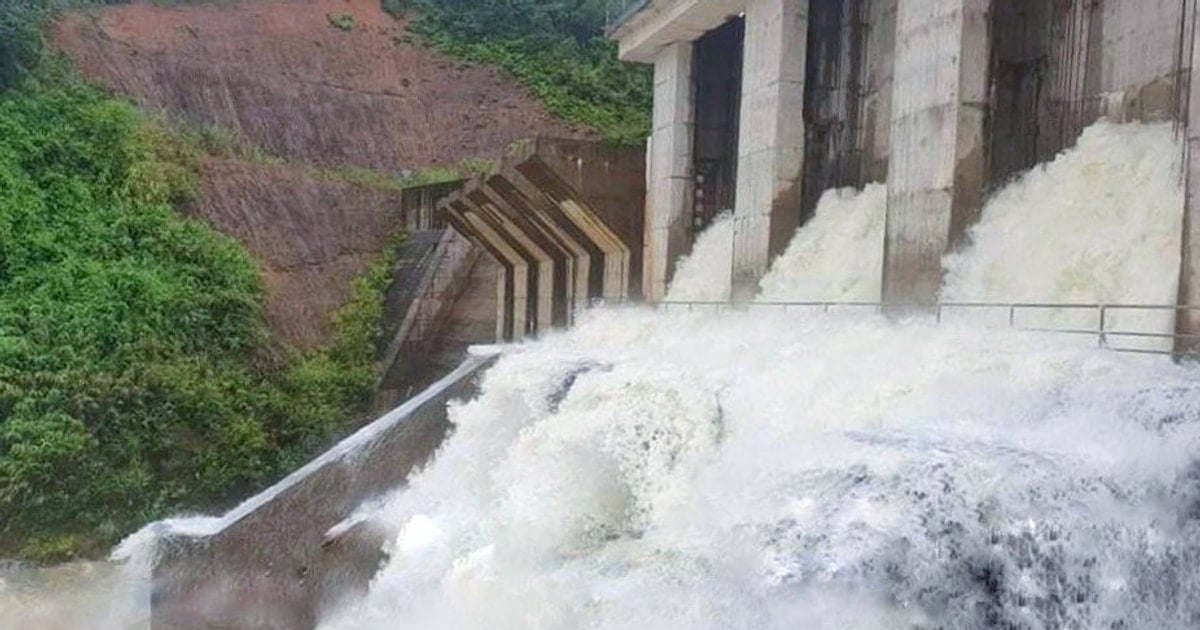
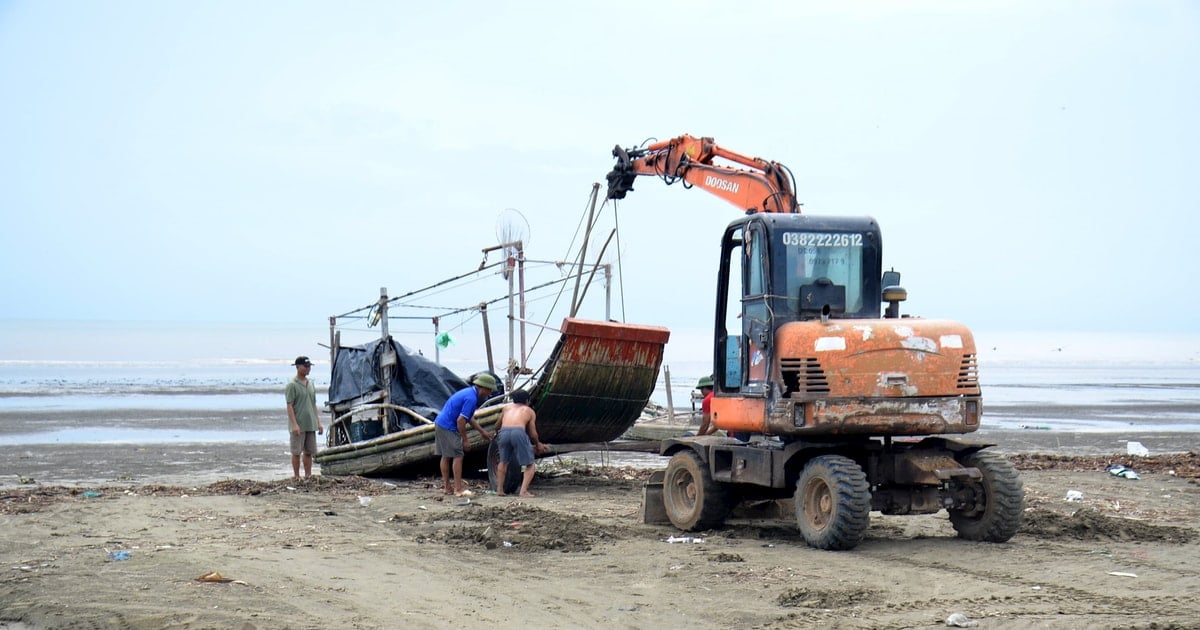

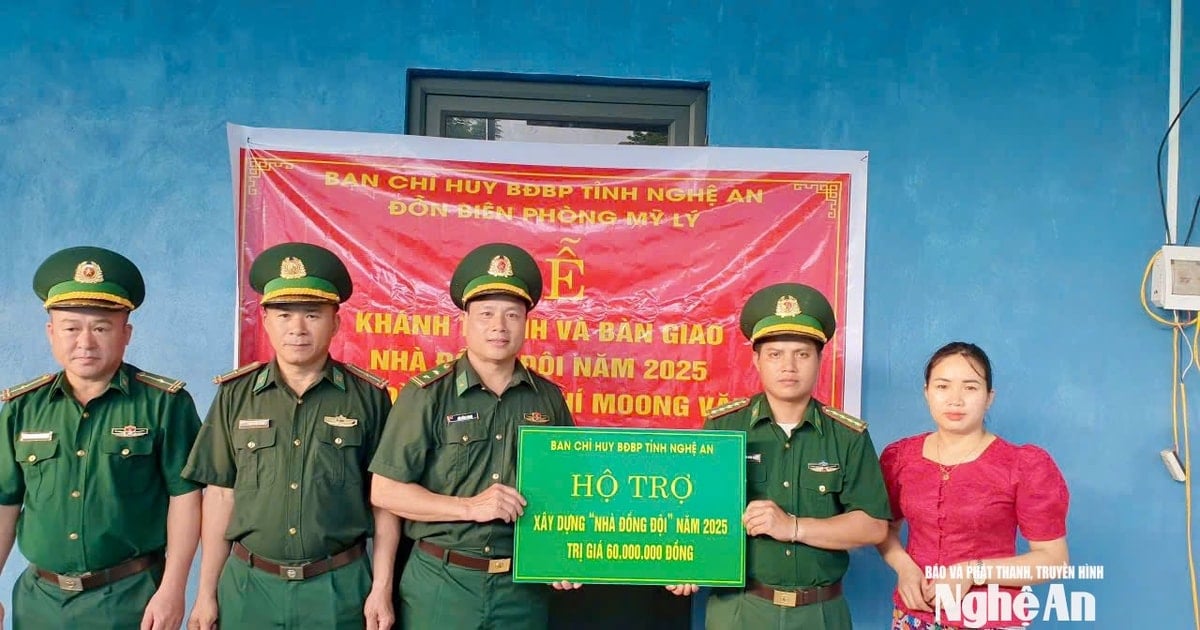






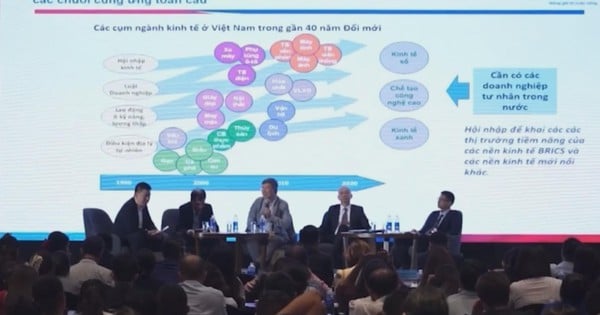
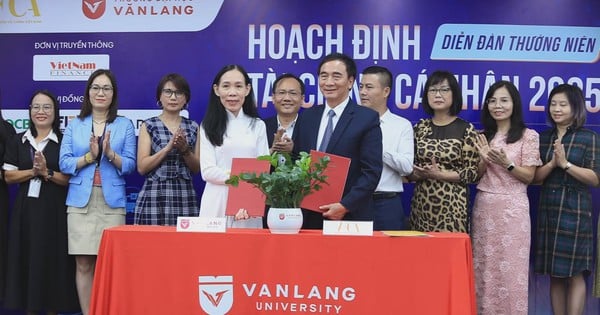
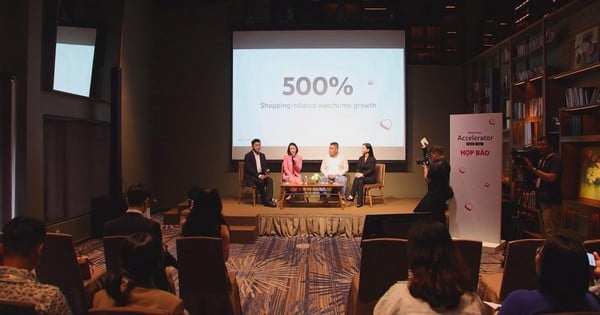
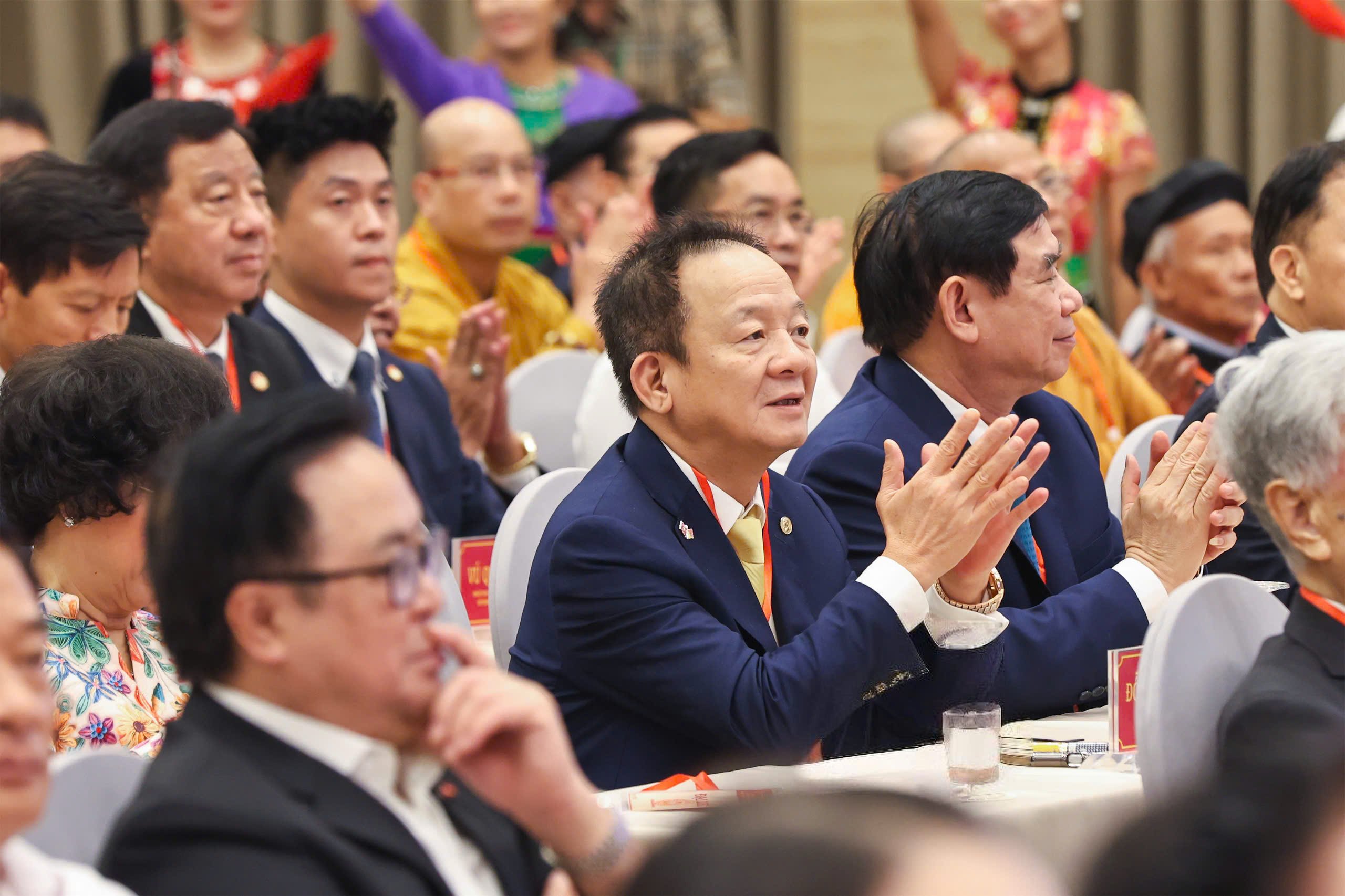




























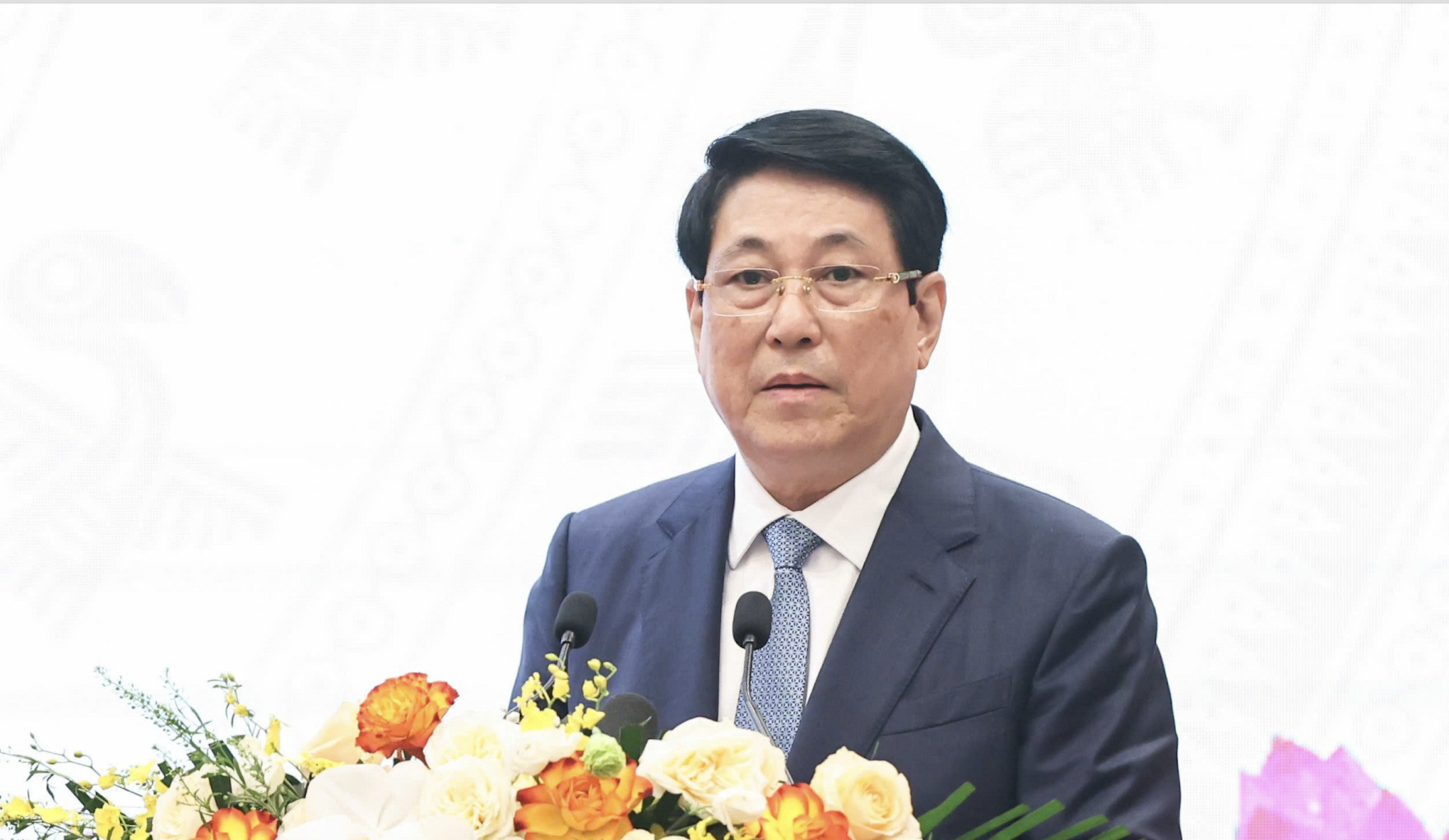

















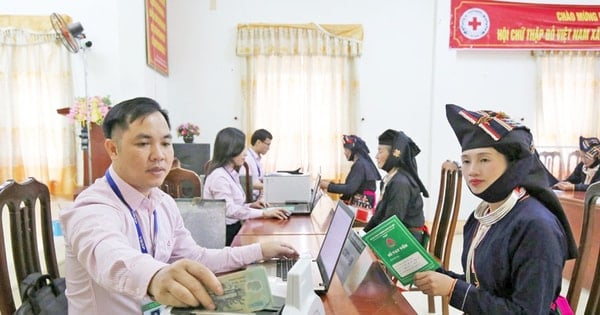

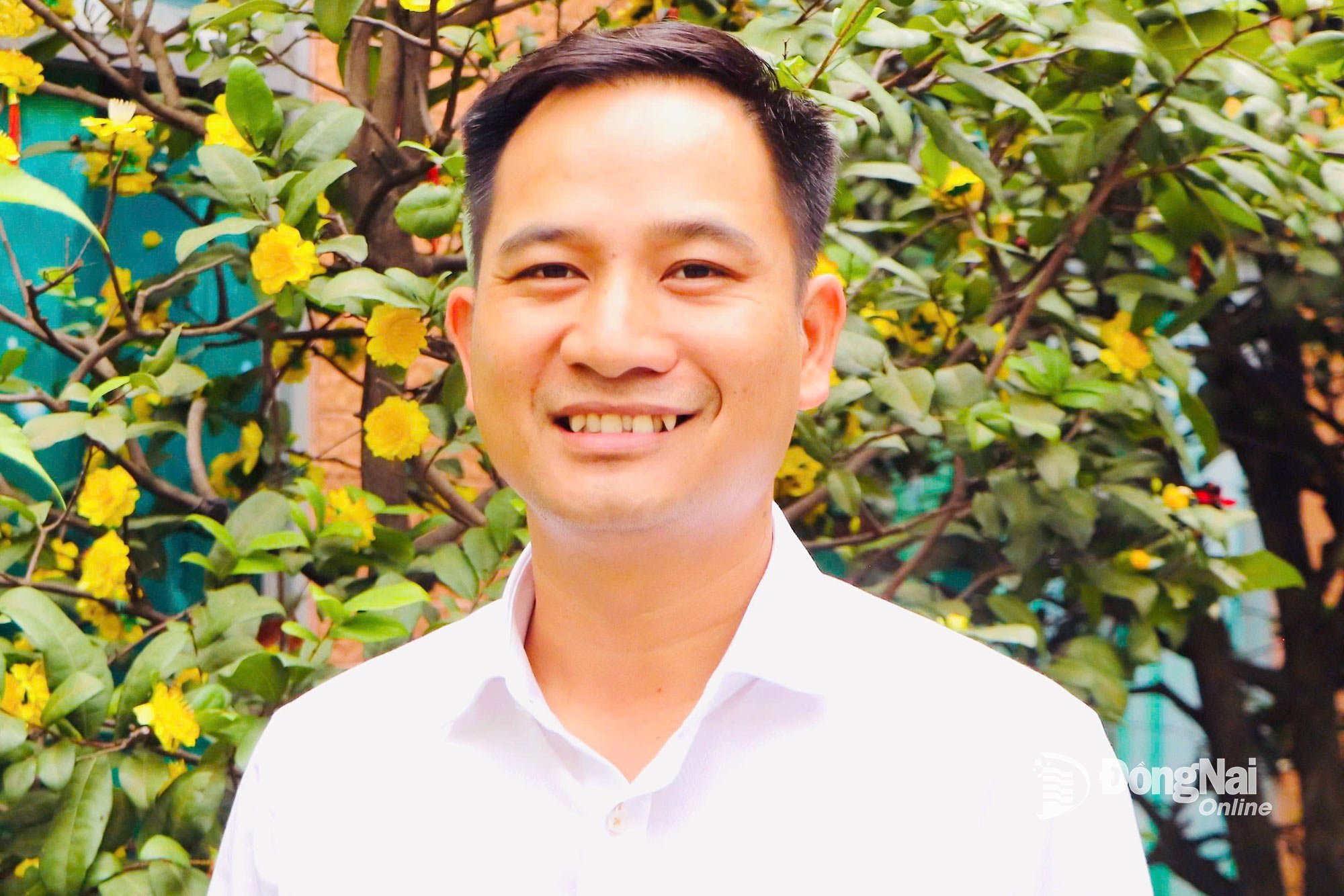
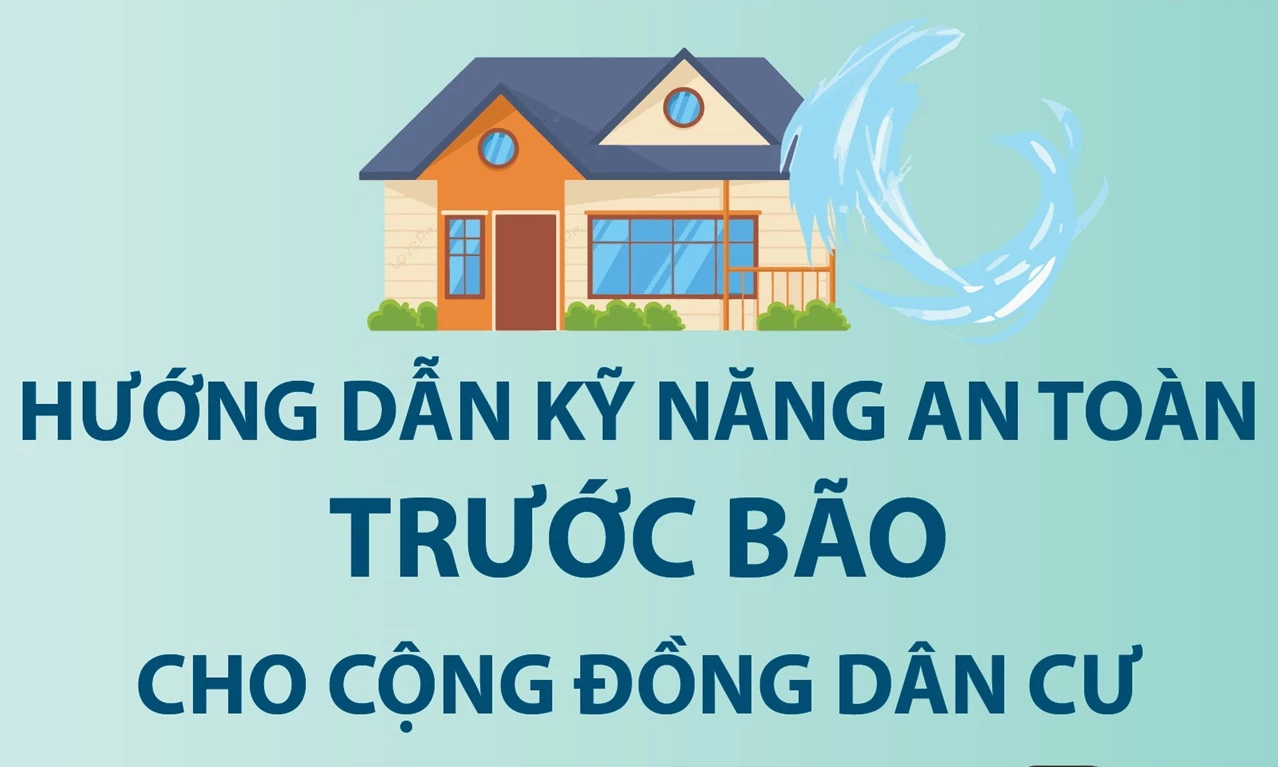
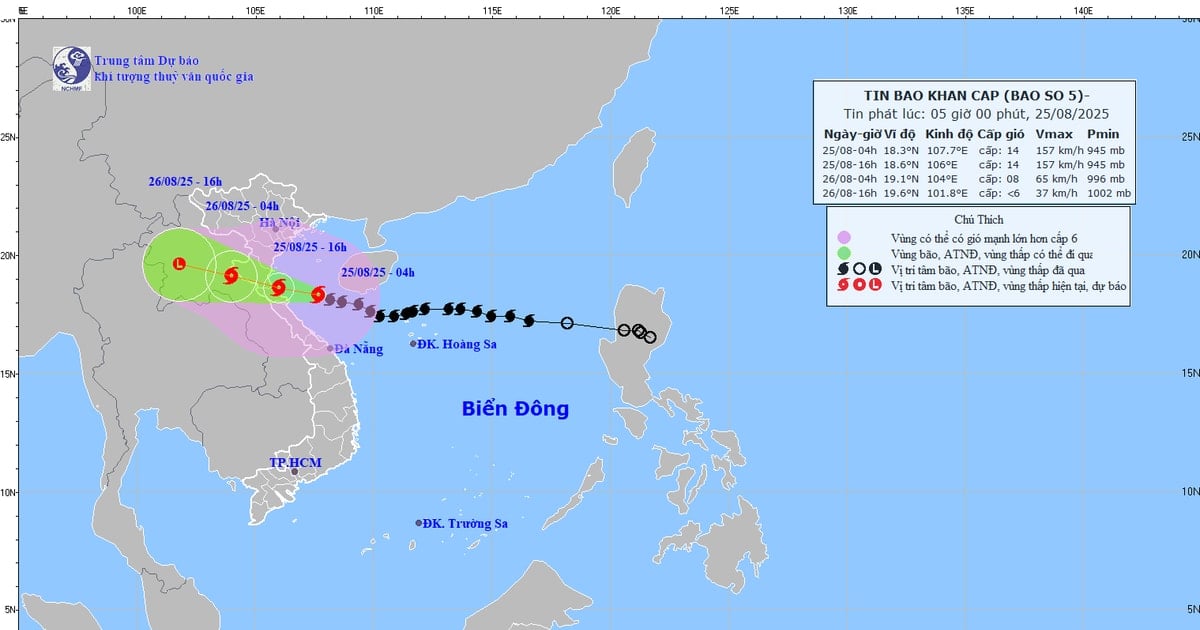
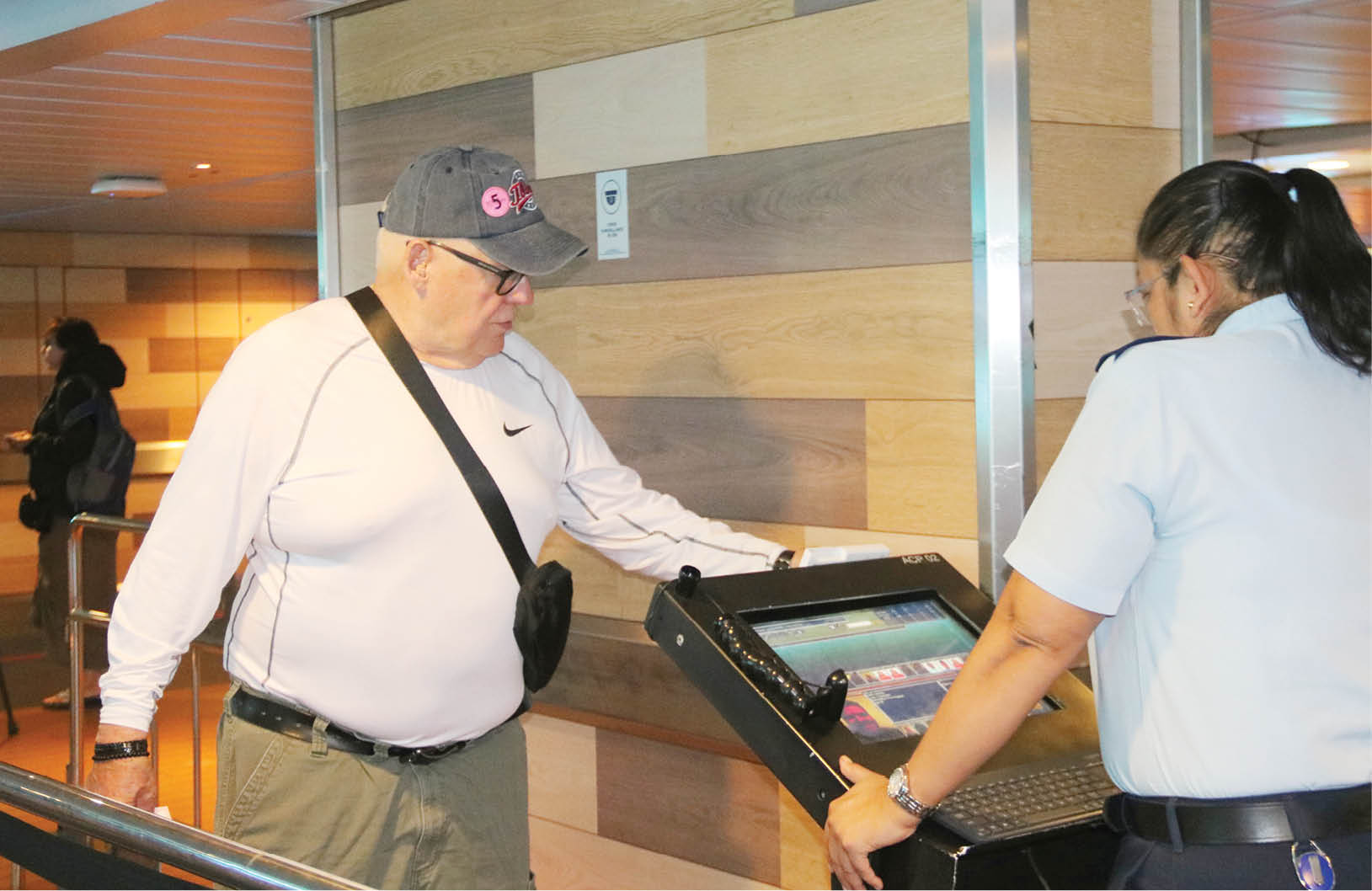

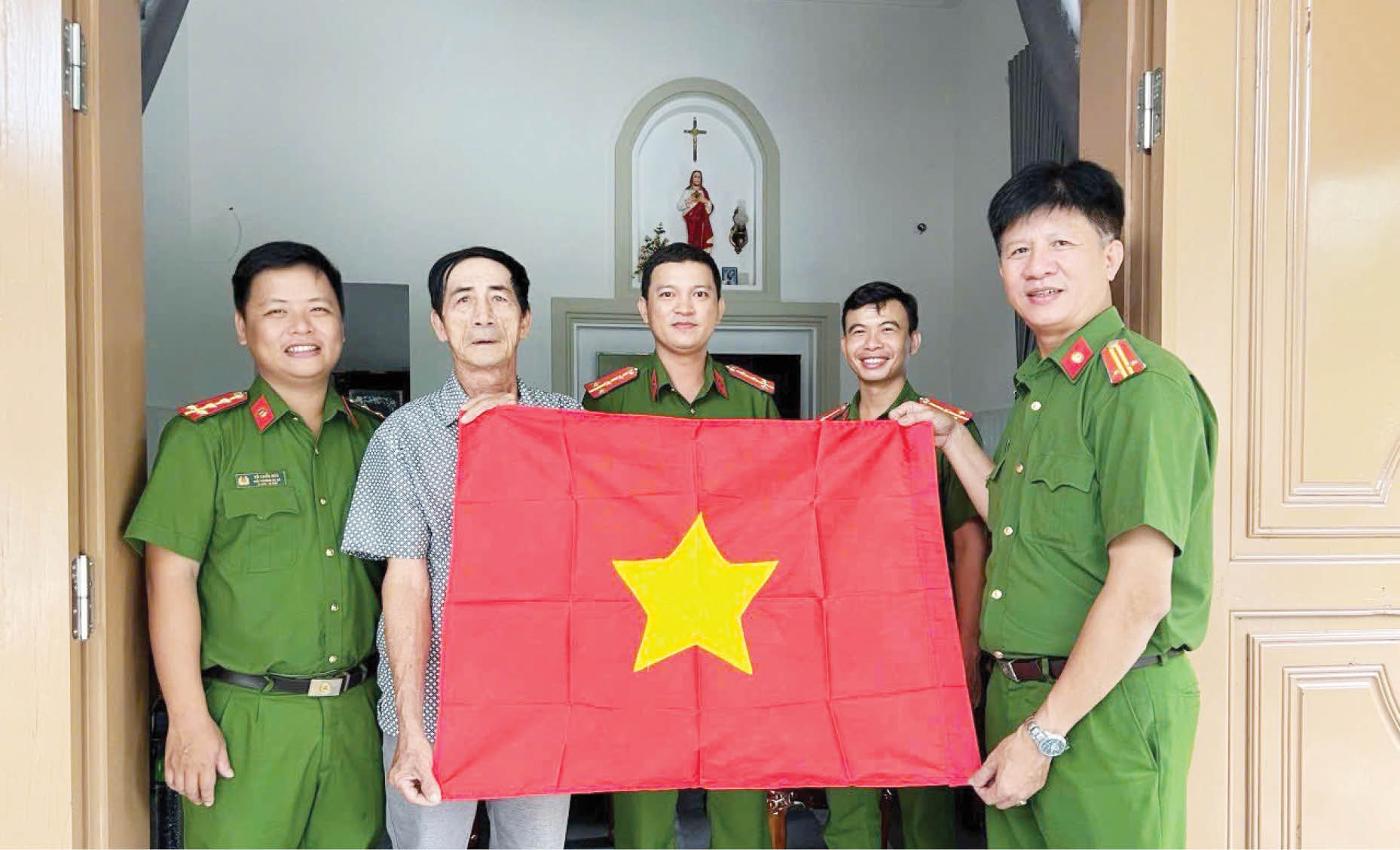















Comment (0)